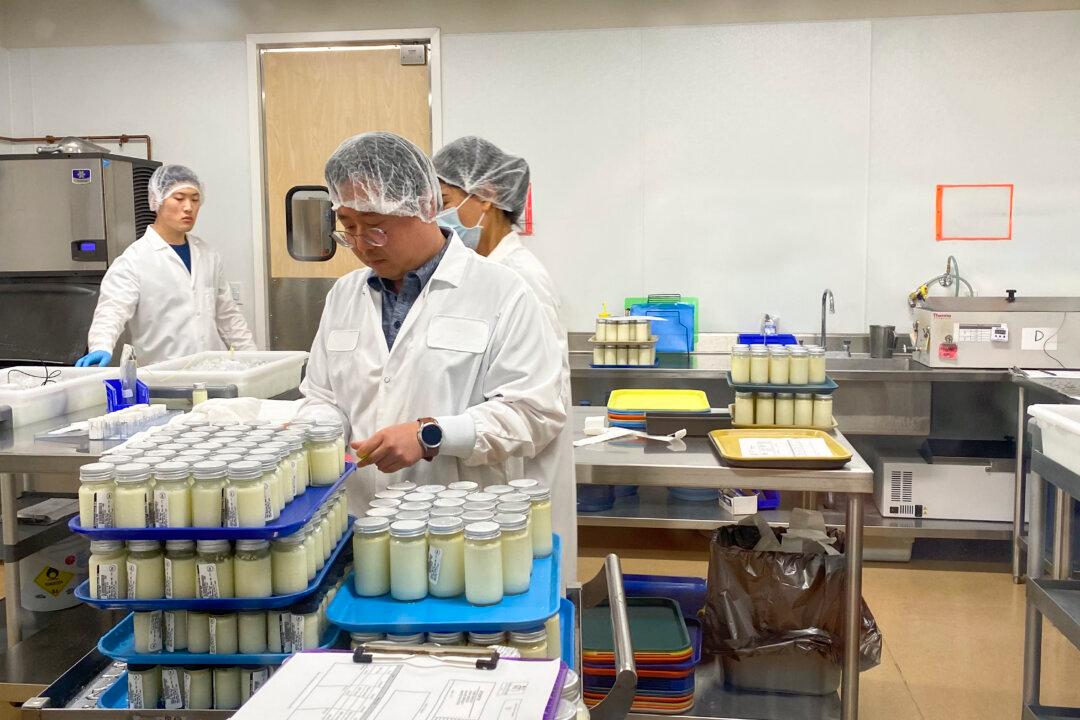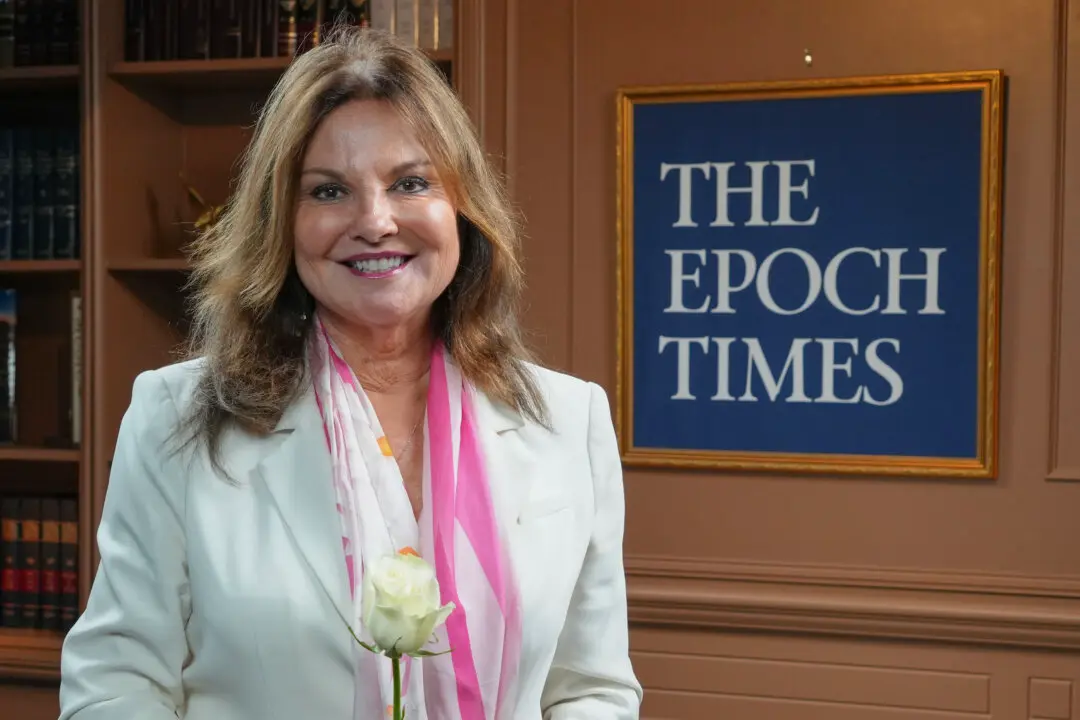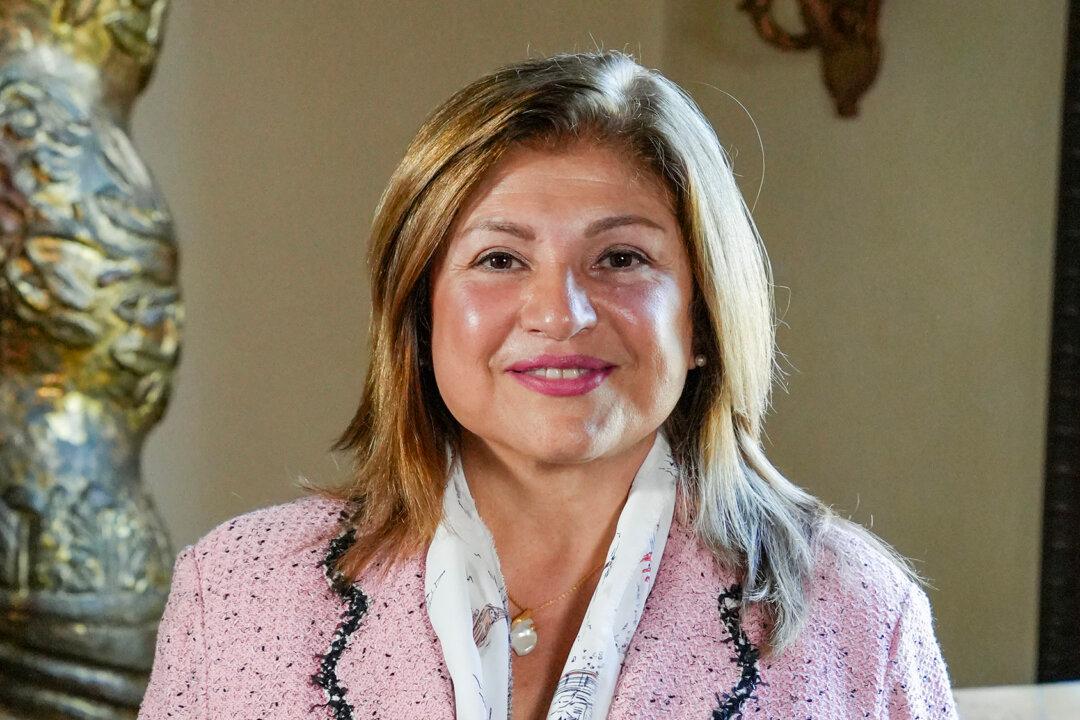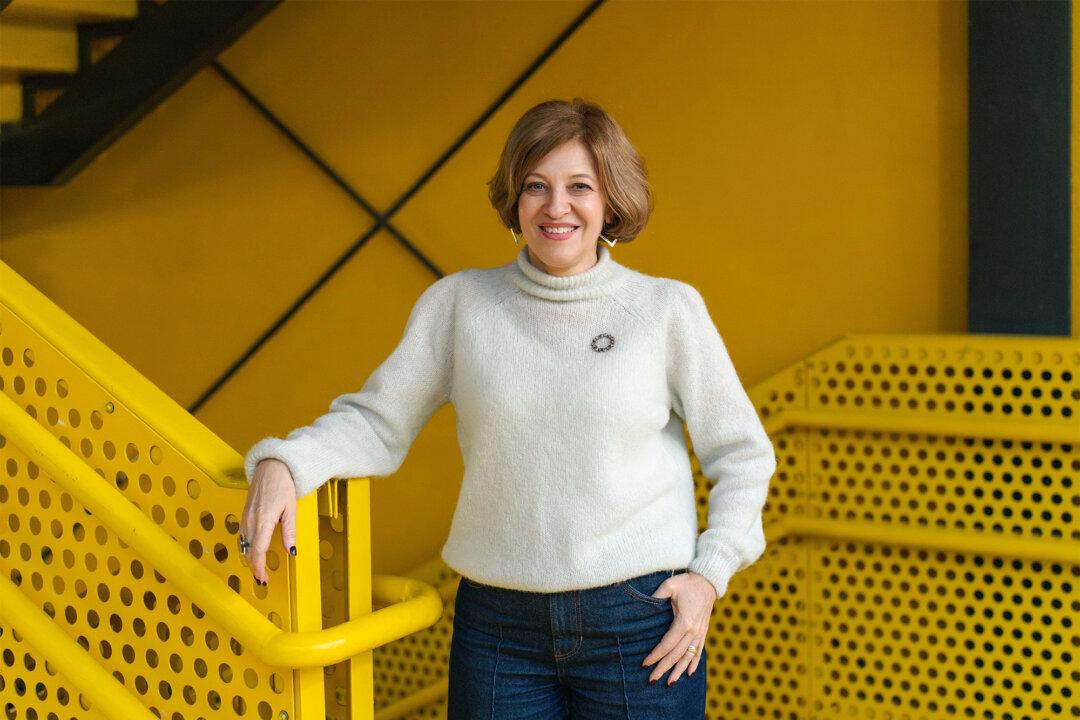SANTA CLARA, Calif.—Amid the baby formula shortage, mothers are looking for other ways to make up for the lack of milk. Some are turning to milk banks for help.
Mothers’ Milk Bank in San Jose was started in 1974 to feed premature infants. It’s the oldest operating milk bank in North America. The nonprofit is part of an organization called the Human Milk Banking Association of North America, which establishes the standard for milk banks.





